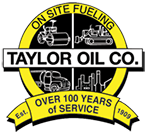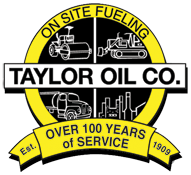Underground Storage Tanks: What Are the Risks?
Underground Storage Tanks: What Are the Risks? - Leaks or spills from petroleum product underground storage tanks (USTs) are bad news. They contaminate soil and groundwater, making their way to neighboring properties or surface waters. In addition, they can result in third-party injuries and property damage – not to mention natural resource damage claims. Owners and operators of USTs must comply with regulations, of course. But they should also maintain their tanks and manage finances in an effort to protect themselves against expensive environmental claims, cleanups, and tank removal costs. There are many factors that will affect the risk of a release. Those factors include tank age, tank construction, tank monitoring and maintenance effectiveness, and leak detection type. Spills often occur during delivery of oil or gas into a storage tank, when the hose is connected to the fill pipe and the product is being pumped into the tank. When someone leaves the oil in the hose after disconnection or when there has been an improper hose connection in the first place, spills can occur. They can also happen with an overfilled tank. Leaks are another risk. They most often happen underneath the dispenser island, the spill bucket, submersible [...]


